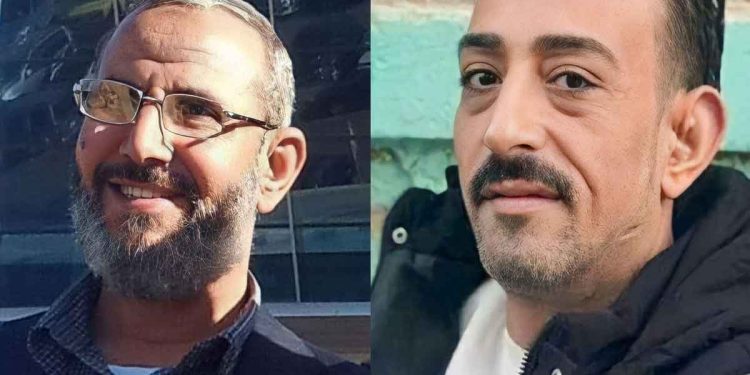Ongoing concerns arise as the Egyptian authorities persist in their mistreatment of political detainees and other inmates, with intentional medical oversight and substandard detention conditions being primary issues, often resulting in fatalities.
Recently, two individuals lost their lives within a day while in custody. Kamel Shdeed Shaheen, a 69-year-old former engineer in the oil and mining industry, passed away due to medical neglect at the 10th of Ramadan Rehabilitation Center in Sharqia. He hailed from Kafr Manawilah, Al-Bajour Center, in the Monufia Governorate and had been detained for five years.
Many political prisoners are often accused of “disseminating false information, promoting violence and terrorism, and jeopardizing national security”. Numerous activists, legal professionals, journalists, and regular citizens have been incarcerated under these allegations. Some have voiced their opposition to the regime’s actions on social media.
Similarly, Ibrahim Tarabqa, a 41-year-old resident of Manshiyat Saadoum, Belbeis Center in Sharqia Governorate, died in the Belbeis Second Police Department. He had been battling a fever and deteriorating health, exacerbated by the absence of medical attention. Despite his family’s appeals to the Belbeis authorities, his health declined rapidly due to the deplorable conditions in the detention center. He was briefly moved to Belbeis Central Hospital for urgent care, but was soon returned to his cell, where he died shortly after, leaving his family devastated.
The deaths of Shaheen and Tarabqa bring this year’s death toll in Egyptian detention facilities to 29, attributed to medical oversight, harsh conditions, and other factors. The death rate in these facilities is on the rise, and with limited external oversight, concerns continue to grow.
It’s worth mentioning that the International Covenant on Civil and Political Rights emphasizes the humane treatment of prisoners, respecting their inherent human dignity.






























